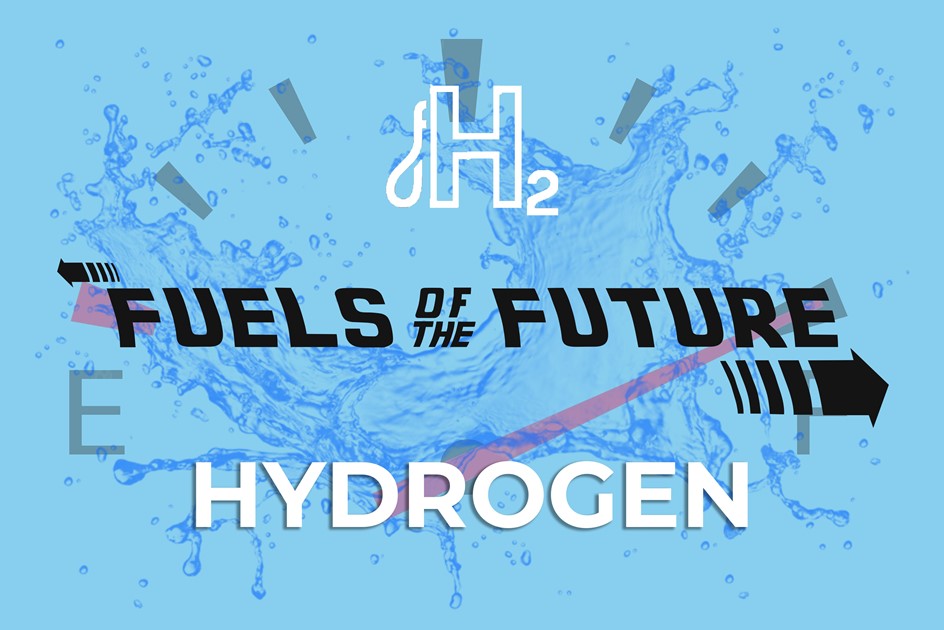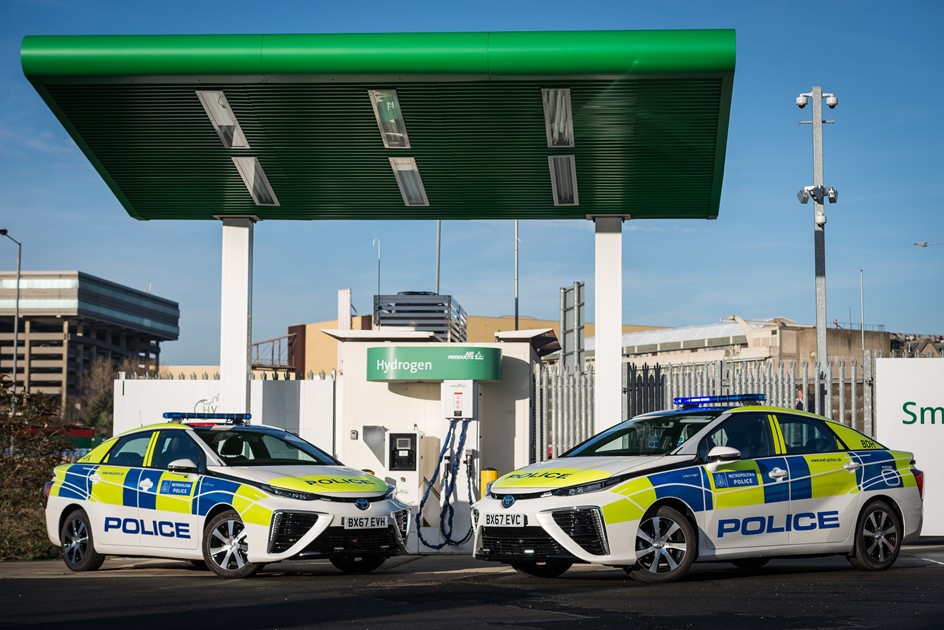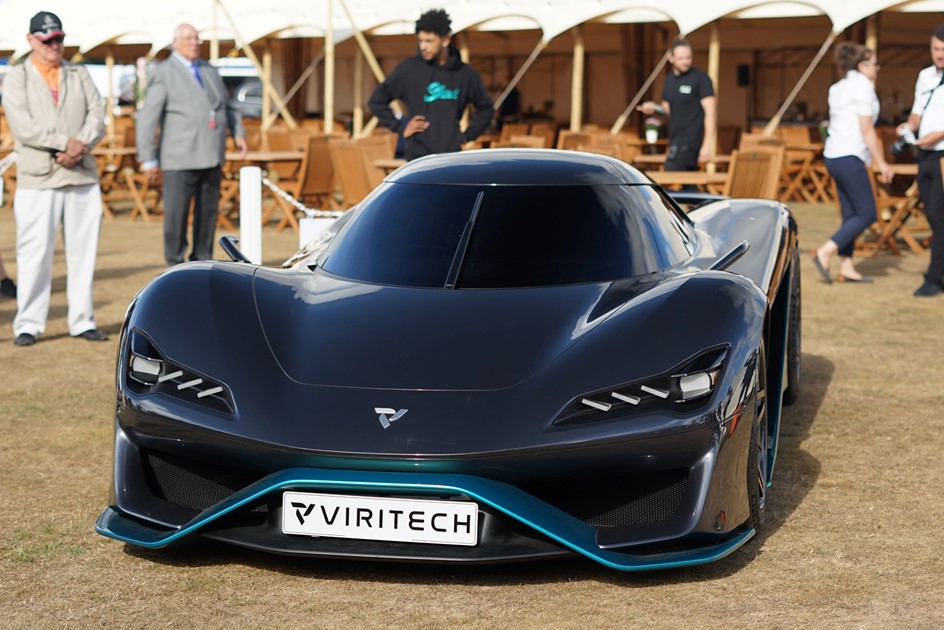Fuels of the future: hydrogen

For over a decade, hydrogen has been a big part of the discussion on how to fuel the cars of the future but has always been a tough nut for the wider industry to crack.
The success of hybrid and fully electric vehicles has bumped hydrogen to near the bottom of the priority list for most brands. A turning point seems to have been reached, however, as global manufacturers are entering the space in their droves and breakthroughs achieved more regularly.
Hydrogen has been undergoing something of a quiet revolution in recent years, owing in part to said manufacturers throwing their respective hats into the ring (but we’ll get to them later) as well as increased research in the area and rising public support.
As recently as mid-September, seven Midwestern states in America – Illinois, Indiana, Kentucky, Michigan, Minnesota, Ohio and Wisconsin – committed to developing Hydrogen as a sustainable source of energy for everyday use in industries such as manufacturing and agriculture.
Loop Energy also made headlines with an announcement that their hydrogen fuel cell is more economical than a diesel engine, making it more viable to use in long-distance haulage – an area notoriously tough for battery power to be fully harnessed – for the very first time.

An early adopter of Hydrogen was Toyota and to date, is undoubtedly one of its biggest supporters. With the introduction of the world’s first hydrogen fuel-cell production car in the form of the Mirai (2015), the Japanese marque went on to supply the London Metropolitan Police with a fleet of 11 Mirai in 2018 highlighting the usability and practicalities of Hydrogen. Meanwhile, in 2022, Toyota continued that messaging by fielding a hydrogen-powered Toyota GR Yaris in a demo run for the ninth round of the World Rally Championship.
Toyota is now using its experience in the field to spread the message further, collaborating with German car maker BMW. Together, the duo are using their combined resources to break new ground, targeting a hydrogen SUV by 2025. Similarly, cleantech engineering organisation Viritech’s Apricale traverses unexplored territory in becoming the first hydrogen-powered hypercar.
As is the case with the other fuel sources we’ve looked at in this series, the high-intensity, demanding environment of a motorsport paddock is being utilised to develop these technologies. Most prominent of which is MissionH24’s unique project, based next door to the Paul Ricard circuit in Le Castellet, France. The aim is simple, race a prototype car at the legendary Le Mans 24 Hour powered by a potent electric-hydrogen combination. Having completed its first official test session and with 2021-2022 Formula E World Champion Stoffel Vandoorne onboard, the project is seemingly going from strength to strength. Hydrogen power is also infiltrating the world of Formula 1 with Alpine launching an independent investigation into its long-term potential in the series following the next era of technical regulations.
The current prices of hydrogen-powered cars appear to be the biggest barrier to entry for most consumers, and that cost stems from the technology and the amount of development that these vehicles demand. Infrastructure and availability is the other problem this alternative faces (are you sensing a theme here?) with just 14 refuelling stations across the UK currently.

READ Fuels of the future: electrification
READ Fuels of the future: synthetic fuels
READ Fuels of the future: a combination
Contact our consignment concierge team to chat through the services we offer.

